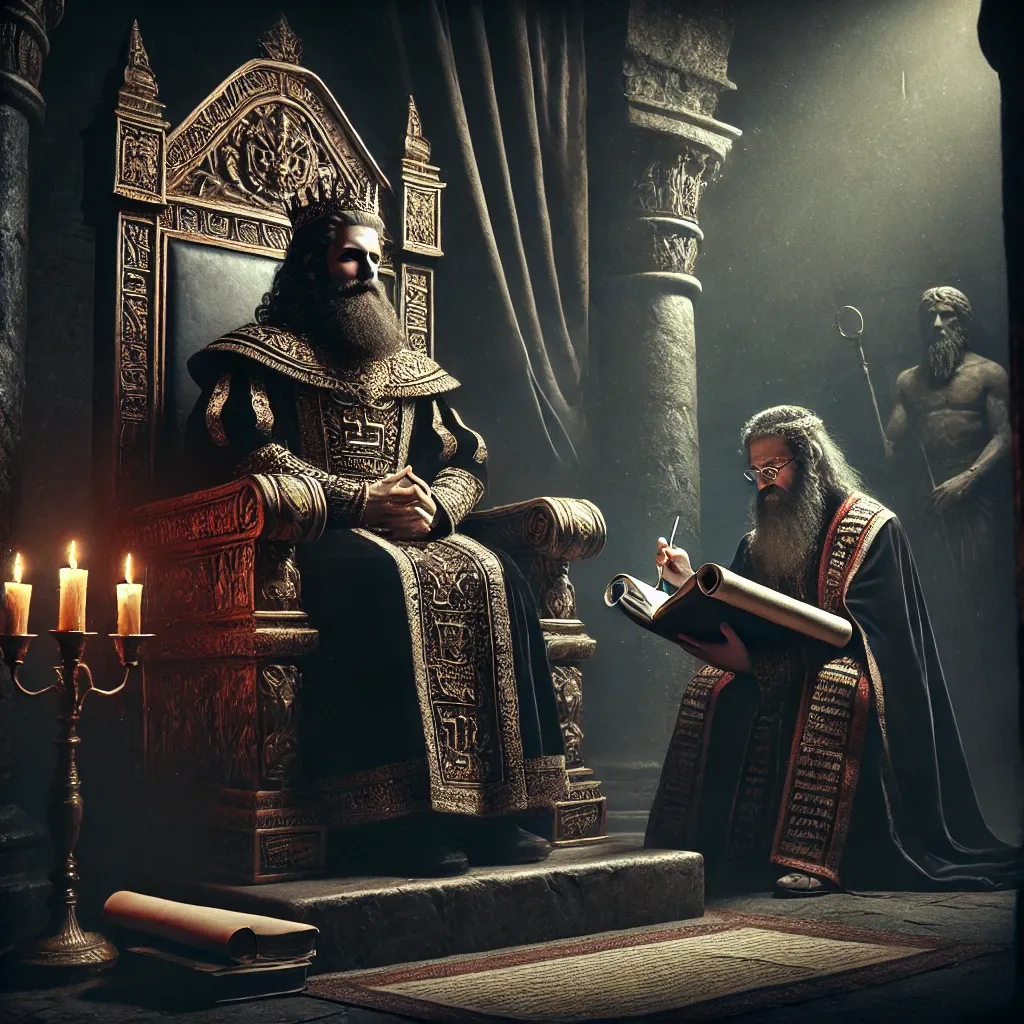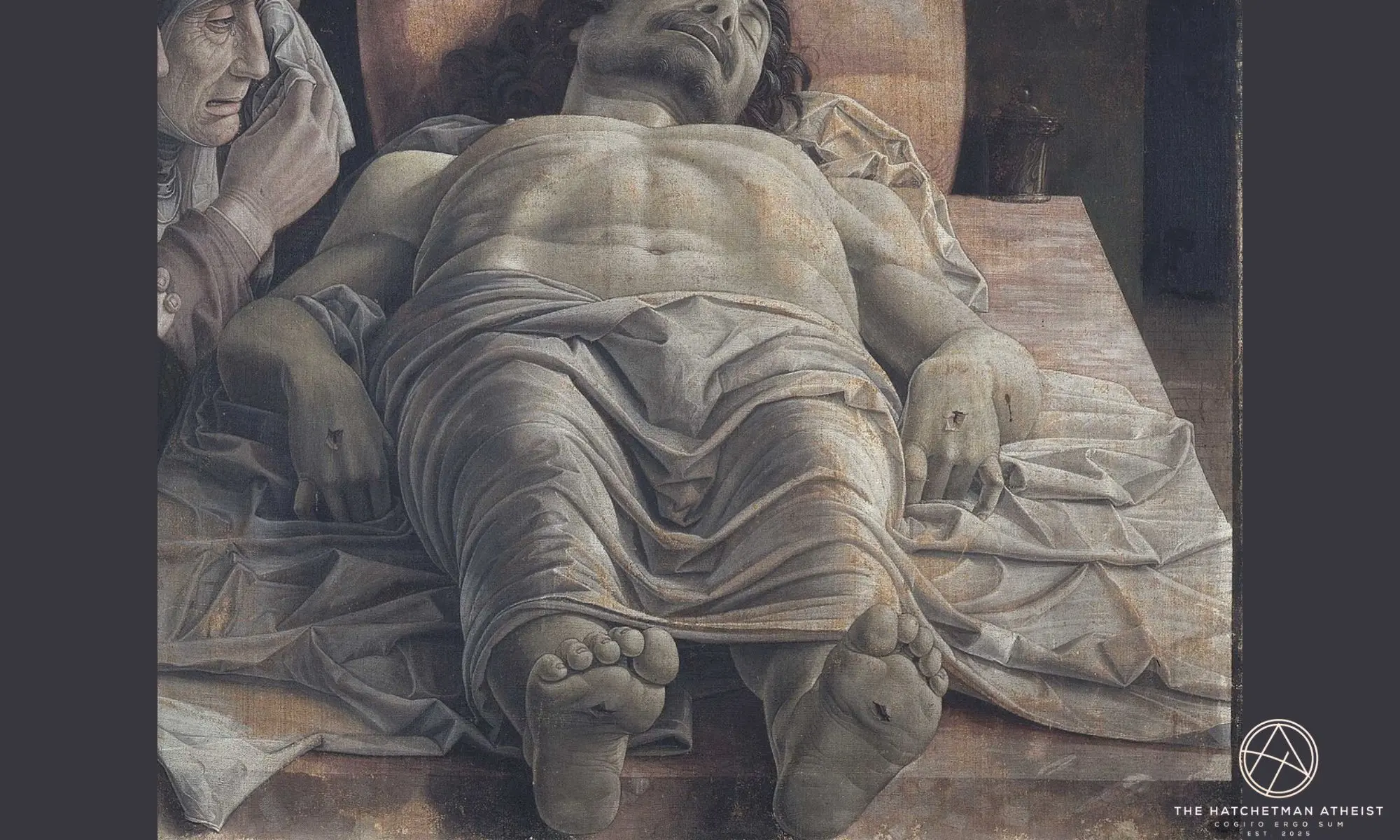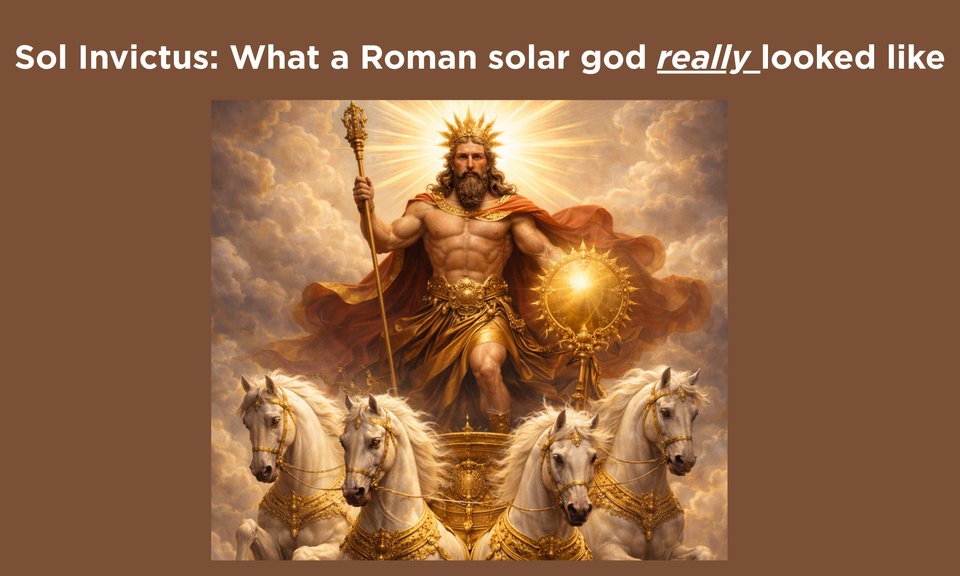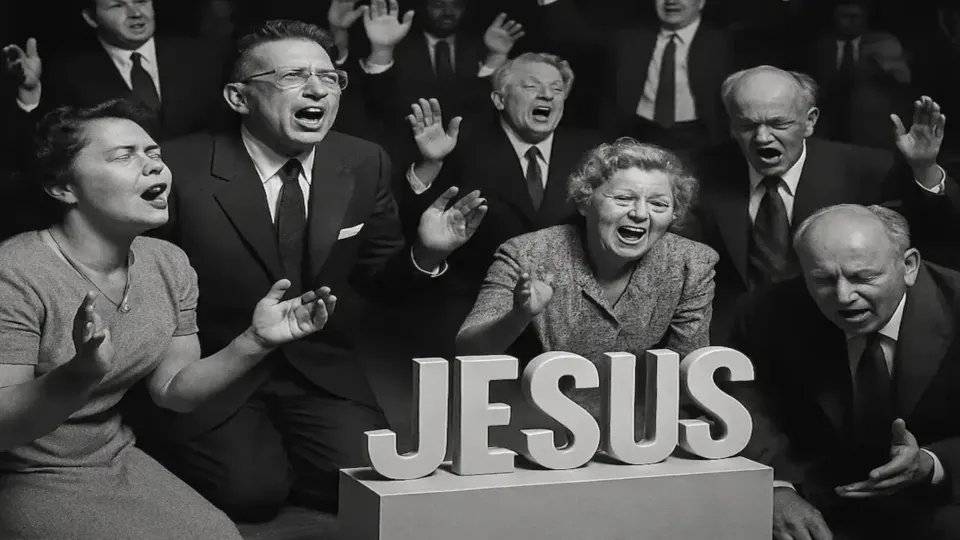That Time the Priests Lost the Bible and Found it in the Temple
King Josiah’s temple spring-cleaning revealed a long-“lost” law book—how convenient. That scroll sparked sweeping reforms, centralized worship in Jerusalem, and birthed a religion. Scholars call it less miracle, more monarchy makeover.

Once upon a time, King Josiah's priests were doing a little temple spring cleaning and—oh, wow!—just happened to find a long-lost holy book buried under some incense ash. This “Book of the Law,” which sounded suspiciously like Deuteronomy, conveniently told everyone to stop doing religion their way and start doing it Josiah’s way—i.e., one temple, one god, one king in charge. Suddenly, bam: sweeping religious reforms, a national identity reboot, and a priesthood with better job security. Scholarly consensus? This wasn’t divine luck—it was divine legislation written by people with a political agenda and a flair for dramatic timing.
King Josiah’s Reforms: A Holy Book, a Political Coup, and the Birth of Judaism
The Curious Case of the Misplaced Scripture
It starts like a biblical version of an office re-org. In 2 Kings 22, the high priest Hilkiah is poking around the temple archives when he “discovers” the book of the law. His exact words? “I have found the book of the law in the house of the Lord” (2 Kings 22:8, NRSVue). Which is biblical-speak for, “Oops, guess we misfiled the most important document in Israelite religion for the last couple centuries—our bad!”
Then comes the royal reaction: King Josiah hears what’s inside, promptly tears his clothes (as you do), and declares a full-blown spiritual emergency (2 Kings 22:11). What follows is a top-down religious shake-up that makes modern church splits look like book clubs with boundary issues.
Some scholars think they didn’t “find” anything—they wrote it. A clever blend of scripture and strategy.
What Book Was This, Exactly?
Most scholars aren’t buying the “oops-we-found-it” narrative. The consensus? The “book” was probably some early form of Deuteronomy—that deeply earnest text obsessed with where and how you’re allowed to worship.
Richard Elliott Friedman points out that the themes in this “discovered” scroll—centralization of worship, exclusive Yahweh devotion, and law-based covenantal purity—conveniently match Josiah’s royal agenda (Friedman 105–108). In short: either someone found the book, or someone wrote it, slapped some dust on it, and said “look what God left us!”
As Frank Moore Cross put it, “The laws in Deuteronomy... are not just religious ideals—they're political mandates for religious monopoly in Jerusalem” (Canaanite Myth and Hebrew Epic). That’s scholar-speak for “this smells a lot like a power grab.”
Were the People Really That Ignorant of the Law?
Apparently. The Book of Kings paints a picture of Judah’s religious life like a messy buffet—local shrines everywhere, idols on every hill, and priests doing whatever felt spiritually spicy that week. The Mosaic law, if it was known at all, clearly wasn’t getting much play.
Archaeologists have found plenty of household idols, altars outside Jerusalem, and cultic doodads—none of which scream “devout Yahweh-only monotheism.” P. Kyle McCarter sums it up: “Whatever legal tradition existed before Josiah, it was neither unified nor universally authoritative” (Harvard Theological Review).
Translation: if the law had been around, most people were treating it like terms and conditions—technically there, but nobody read it.
Deuteronomy: Micromanaging Worship Since the 7th Century BCE
If Deuteronomy had a slogan, it would be: “Worship Yahweh—but only here, only now, and only our way.” The text repeats this centralized mantra endlessly: “the place that the Lord your God will choose” (Deut. 12:5, NRSVue). In case readers missed the point, that place is—you guessed it—Jerusalem.
“You shall not worship the Lord your God in such ways. But you shall seek the place... and you shall go there” (Deut. 12:4–5, NRSVue). There’s no ambiguity here. Deuteronomy wants you packing your goats, hitting the road, and showing up at the one officially licensed Yahweh temple—or else.
Again, not so much about theology. This was about controlling where the money and sacrifices went—and keeping it all under the royal nose.
Josiah’s Purge: Religious Reform or Theocratic Clean-Up Crew?
Once armed with his shiny new scroll, Josiah goes full wrecking ball on the competition. Pagan altars? Smashed. Idols? Pulverized. High places? Flattened. Priests of rival cults? Relocated, if they were lucky (2 Kings 23:4–20). Even the Passover got a facelift—“no such Passover had been kept since the days of the judges” (2 Kings 23:22, NRSVue). Apparently, even the national holidays needed rebranding.
This wasn’t just a revival. It was a hostile religious takeover. Josiah used Deuteronomy as a script to centralize worship, eliminate decentralization, and make sure Yahweh—and, more importantly, Josiah—were the only games in town.
Timing Is Everything: The Politics Behind the Piety
All of this went down right as Assyrian dominance was fading, and Judah was free to imagine life without an imperial babysitter. What better time to unify your kingdom, rewrite your national identity, and launch a divinely approved PR campaign?
As luck (or planning) would have it, Deuteronomy was the perfect tool. It framed religious uniformity as moral righteousness. It made local shrines illegal and heretical. And it gave Josiah and his scribes the blueprint for a Yahweh-only theocracy headquartered in the capital. That’s not just religion—that’s branding.
So, Did They Actually Find It? Or Just... Write It?
Maybe they found it. Maybe they made it. Either way, the effect was the same. Josiah got a divine-looking mandate to enforce religious uniformity, crush the opposition, and consolidate political power.
The Deuteronomistic editors, those post-exilic scriptwriters who shaped much of the Hebrew Bible, looked back and said, “Yep, that’s our guy.” Josiah was enshrined as the model king who “did what was right in the sight of the Lord” (2 Kings 22:2, NRSVue). Of course he did—he was following their script.
Legacy: From Reform to Religion
Josiah didn’t just rearrange temple furniture—he rewired the foundations of Judaism. His centralization of worship, his ban on idols, and his embrace of a written legal code laid the groundwork for a post-exilic, Torah-centered faith. Later generations didn’t just remember Josiah—they canonized him.
Was it all sincere? Maybe. Was it politically convenient? Absolutely. And it worked.
Works Cited
Cross, Frank Moore. Canaanite Myth and Hebrew Epic: Essays in the History of the Religion of Israel. Harvard University Press, 1973.
Friedman, Richard Elliott. Who Wrote the Bible? HarperOne, 1997.
McCarter, P. Kyle. “The Historical Jesus and the Law.” Harvard Theological Review, vol. 80, no. 1, 1987, pp. 1–16.
The New Revised Standard Version Updated Edition (NRSVue).




